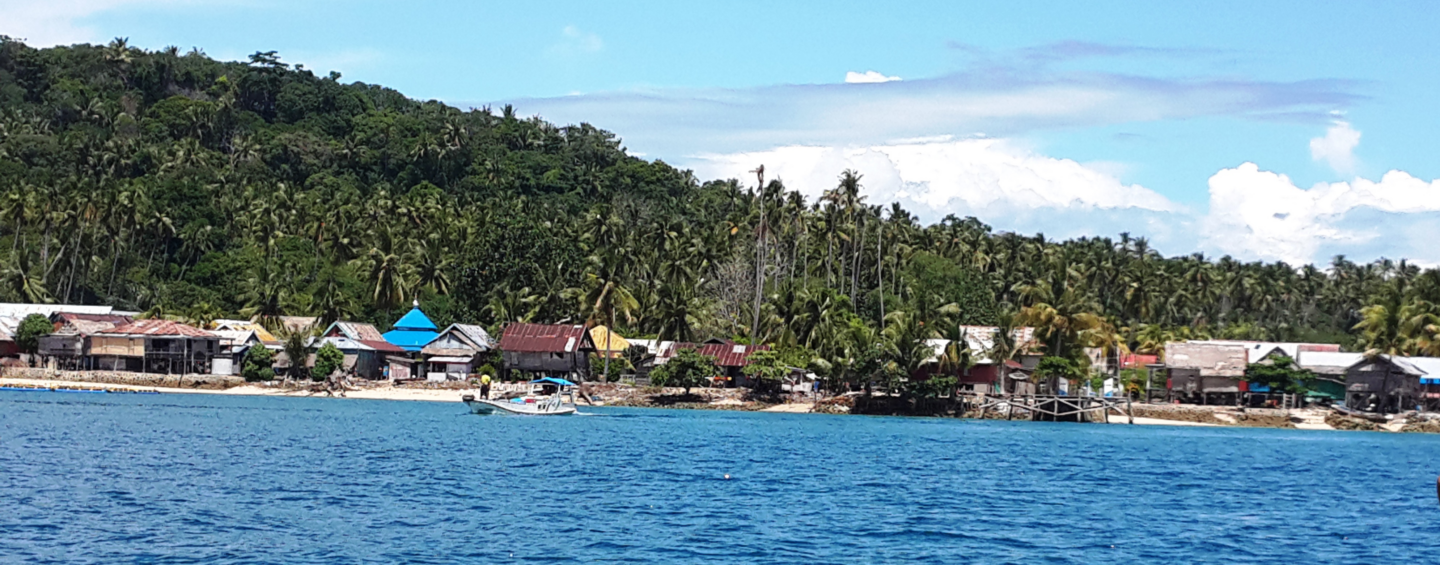SFP hosted the Indonesia Fisheries and Aquaculture Forum on 14 and 15 November at the Indonesian Fisheries Ministry building in Jakarta and, with an estimated 180 attendees, the event was a huge success.
Presenters included SFP staffers, government officials, and industry stakeholders, all discussing a number of important topics related to ongoing efforts toward sustainable seafood production. Here are a few of the topics that stood out:
The role of government in sustainability
With the forum taking place at the Indonesian fisheries ministry, the participation of government regulators in ongoing sustainability efforts was the top issue for discussion, and central to the themes of the forum’s keynote speaker, Nilanto Perbowo, M.Sc., Director General of Fishery Product Competitiveness, Ministry of Marine Affairs and Fisheries.
Perbowo emphasized his concern for both maintaining positive economic relations with buyers doing business with Indonesian seafood producers, as well as the welfare of the Indonesian people.
“Sustainable fisheries are important for all of us,” he said.
Perbowo said he was pleased to see a growing global awareness of sustainability, and while he pledged Indonesia would do its part to contribute, he acknowledged it would take cooperation with the industry to truly make sustainability measures work.
“We are asking for help from the international seafood community,” he said. “Please help Indonesia to watch out for illegal fishing practices in the region.”
Jim Cannon, SFP’s Founder and CEO, took note of the ongoing efforts by government regulators.
“I found it very encouraging to see the progress the Indonesian government has made in working with various local fisheries and aquaculture operations,” Cannon said. “In particular, we’ve seen evidence showing clear moves toward improving tuna management frameworks, monitoring and reporting, along with work toward improved disease management and reporting in the aquaculture sector.”
Jack Morales, Aquaculture Technical Director, said he was also pleased to see new measures from regulators, including zonal management for shrimp farming. It is a sign, he said, that the government is reacting to what the industry needs.
It’s also a sign, he said, that the aquaculture industry can turn to the government for help. In the past, he said, industry stakeholders have insisted on dealing with problems in isolation.
“They were doing it on their own instead of working with the authorities,” he said.
On the small scale
Presenters also covered the emphasis on small-scale fisheries and the suggestions for the best ways to promote sustainability in smaller operations.
This is not a new topic for SFP. Back in August, SFP published a brochure, “Small-Scale Fisheries,” where we go into detail on general strategies for engaging with fisheries on the smaller scale.
At the forum, Jack Whalen, Project Coordinator at SFP and one of the brochure’s authors, noted the importance of having the fishers involved as co-managers of resources.
“The fishers need to take responsibility and be given responsibility,” he said.
In addition to discussions on the topic, two of the six FIPs and AIPs mentioned in the FIP/AIP showcase presentation focused on small-scale fisheries.
Whalen took note of a panel discussion on tuna, where one of the presenters, Blane Olson of Anova Seafood, talked about his company buying direct from local fishermen then selling to retail customers. A model like this, Whalen said, puts buyers such as Anova in a position to encourage organization of local fishers. Whalen called this a “bottom up” approach, and said it’s a necessary one with handline tuna fisheries in Indonesia.
In this case, he said, buyers can work with an NGO, such as Fair Trade, to help with organizing the local fishers. With potentially thousands of local stakeholders, organization is critical, and it takes the participation of an NGO on site to help make that happen.
“You can’t organize fishers unless you have boots on the ground,” Whalen said.
Morales agreed with Whalen, but added that the NGOs can’t do the organizational work alone.
“It needs to be initiated by the industry, and NGOs later can support it, but not the other way around,” he said.

